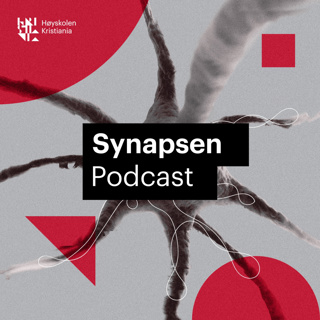
3. Dr. Arthur Benjamin — The Magic of Math: Solving for x and Figuring Out Why
The Magic of Math is the math book you wish you had in school. Using a delightful assortment of examples—from ice cream scoops and poker hands to measuring mountains and making magic squares—this book empowers you to see the beauty, simplicity, and truly magical properties behind those formulas and equations that once left your head spinning. You’ll learn the key ideas of classic areas of mathematics like arithmetic, algebra, geometry, trigonometry, and calculus, but you’ll also have fun fooling around with Fibonacci numbers, investigating infinity, and marveling over mathematical magic tricks that will make you look like a math genius! A mathematician who is known throughout the world as the “mathemagician,” Arthur Benjamin mixes mathematics and magic to make the subject fun, attractive, and easy to understand. In The Magic of Math, Benjamin does more than just teach skills: with a tip of his magic hat, he takes you on as his apprentice to teach you how to appreciate math the way he does. He motivates you to learn something new about how to solve for x, because there is real pleasure to be found in the solution to a challenging problem or in using numbers to do something useful. But what he really wants you to do is be able to figure out why, for that’s where you’ll find the real beauty, power, and magic of math. If you are already someone who likes math, this Science Salon will dazzle and amuse you. If you never particularly liked or understood math, Benjamin will enlighten you and—with a wave of his magic wand—turn you into a math lover.
24 Jan 20161h 33min

2. Michelle Feynman — The Quotable Feynman & His Van
Nobel Prize-winning physicist Richard P. Feynman (1918–88) was a towering scientific genius who could make himself understood by anyone and who became as famous for the wit and wisdom of his popular lectures and writings as for his fundamental contributions to science. The Quotable Feynman is a treasure-trove of this revered and beloved scientist’s most profound, provocative, humorous, and memorable quotations on a wide range of subjects edited by his daughter, Michelle Feynman, who will discuss her father’s life and legacy. In addition, physicist Seamus Blackey will bring Feynman’s van, newly restored and recently featured on The Big Bang Theory, so you can get your photograph taken with the famous vehicle featuring Feynman diagrams. Order The Quotable Feynman from Amazon. Our special guest at this salon will be: Dr. Leonard Mlodinow, physicist and author of Feynman’s Rainbow: A Search for Beauty in Physics and in Life and The Upright Thinkers: The Human Journey from Living in Trees to Understanding the Cosmos.
20 Des 20151h 16min

1. Dr. Lisa Randall — Dark Matter and the Dinosaurs: The Astounding Interconnectedness of the Universe
The renowned Harvard cosmologist and theoretical physicist explores a scenario in which a disk of dark matter—the elusive stuff in the universe that interacts through gravity like ordinary matter, but that doesn’t emit or absorb light—dislodged a comet from the Oort cloud that was ultimately responsible for the dinosaurs’ extinction. Dr. Lisa Randall teaches us an enormous amount about dark matter, our Universe, our galaxy, asteroids, and comets—and the process by which scientists explore new concepts.
22 Nov 20151h 11min




















